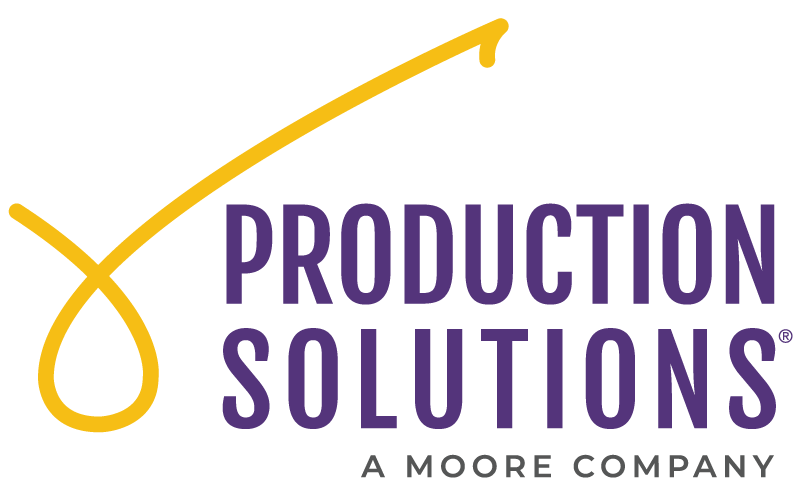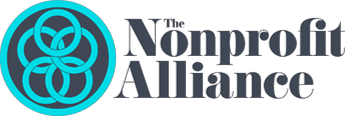BenLightenment: Ben’s Bookshelf

Katherine Gouldin
Brand Communications AssociateMuch has changed since the last edition of “Ben’s Bookshelf” was published in February of this year, just 6 months ago. With a positive outlook, PS President, Ben Harris, strives to constantly make his future brighter than his past. Ben says that just like food, air, and water, life-long learning has become a main priority in his life, and he recommends we all commit to a similar outlook.
“In order to be able to integrate, sustain, and perform in an uncertain time, learning as much as you can is how you can take control over innovating yourself. I dive into others’ wisdom and expertise that is being conveyed, in order to replace the legacy-thoughts I’ve held onto. I start to embody the things that I’m exposing myself to,” says Harris. Keep reading to gain a greater understanding of some of the tools Ben uses to self-innovate.
Life’s Great Question: Discover How You Contribute to the World by Tom Rath
In this brief book, author Tom Rath poses the “great question” of life, “what are the most meaningful contributions we can make?” Rath illustrates how finding your greatest contribution is far more effective than following talent or passion alone.
Rath says in the book, “Everyone deserves a job that serves their life”, and Ben is a firm believer in this sentiment. Ben explains that he believes his purpose is to help as many people as possible cultivate purpose in their own lives. While reading the book, Ben learned that in the daily effort of cultivating, which is an evolution, you discover how you contribute to the world. The book helps you understand your gifts and talents so you can understand how you can contribute your best to others.
Rath states in “Life’s Great Question” that finding how to make a greater contribution through your work must be driven by you. It is up to us to rewrite the definition of work and to rewire the way we work. He recommends identifying the steps you can take to make greater contributions. You can start small and develop over time. The aim, now more than ever, is a wake-up call towards what you are going to make of your life.
“There has to be a ‘big arrow’ in your life towards learning and high performance. Being a high performer is not as unapproachable as many people viewed being a high performer before the pandemic. Figure out what will serve you in order to be most effective in the volatile days ahead. Find ways to be sure you’re an indispensable asset to your company. Reset your priorities to determine what contributions you will make,” says Harris.
Emotional Agility: Get Unstuck, Embrace Change, and Thrive in Work and Life by Susan David, PhD
Emotional agility is defined by author, Susan David, as “an individual’s ability to experience their thoughts, emotions, and events in a way that doesn’t drive them in negative ways, but instead encourages them to reveal the best of themselves.”
Practicing emotional agility is key because we are better able to cope with the challenges of today’s world while still being productive and engaged within our organization, when we can separate what is happening around us from how we choose to respond to it.
Ben understands that emotional agility is especially vital during a pandemic because the uncertainty of today and tomorrow can be difficult to cope with. “The highs and lows of emotion are so frequent today, that you need to be able to not let emotions consume you,” Harris says.
Using our emotions to respond to events positively rather than negatively will only benefit us, and it takes practice. Part of being emotionally agile is discovering what matters most to you. David states in her book, “Determining what you truly care about is only half the process of walking your ‘why’. Once you’ve identified your values, you then have to take them out for a spin. This requires a certain amount of courage, but you can’t aim to be fearless. Instead, you should aim to walk directly into your fears, with your values as your guide, toward what matters to you. Courage is not an absence of fear; courage is fear walking.”
The Obstacle is The Way: The Timeless Art of Turning Trials into Triumph by Ryan Holiday
The crux of personal development is taking the struggle and improving ourselves instead of ruminating in it. This may be easier said than done during a global pandemic but making efforts to enhance our quality of life is what moves us forward and evolves our being. Obstacles are a crucial part of the equation of life that enforces this growth and development. Instead of looking at our struggles as obstacles, let’s start looking at them as opportunities.
In his book and explained in his YouTube video, Ryan Holiday explains this interesting philosophy. Holiday says in his video that Marcus Aurelius summed up this concept well when Aurelius said, “The impediment to action advances action, what stands in the way becomes the way.”
This concept is key to a philosophy called Stoicism, which highlights the idea that one does not control what happens to them, but one does have control over how they respond to the things that happen to them. Holiday says that within Stoicism, there is no such thing as an obstacle, but instead an opportunity to do something differently. For instance, maybe what was given to you was not what you wanted in that situation, but it’s what you needed.
Harris says related to this philosophy, “There’s very little we have control over. Be the master of your own domain or the master of your thoughts and emotions, that’s the Stoic way – to truly continue to build resilience, perseverance, courage, and agility. I think this pandemic is an accelerant to going deeper in your life and in your business in a purposeful approach.”
Harris continues, “Giving up on this being our best decade yet is not something I’m willing to do. It’s going to require even more learning and openness to evolve as a person and create a deeper purpose. Accept what you can’t control and take charge of what you can control. Ask yourself what you’re going to do about it and get on with living! It simple, yet it’s hard. But when you’re strong it helps other people. Courage is contagious.”
Holidays says one should “take what’s in the way and turn it into the way”. Instead of being paralyzed by circumstances or blaming others, if you shift your mindset and think, “What if this thing wasn’t so bad?” this attitude would push you forward in positive ways.
As Ben Franklin said, “The thing which hurt, instruct.” The unprecedented times we have been faced with may challenge us, but we certainly can use these moments to instruct us towards pursuing life’s great question and cultivating purpose, practicing emotional agility, and taking the right action to create meaning in our lives. When we look for a way out of difficulty, we realize that our internal purpose will be the thing that allows us to prevail. After all, the only way out, is through.
About the Author






